It’s pretty amazing how long – and how quick – the months of the Circuit Breaker (CB) have passed. A few weeks ago, people were complaining that the isolation was driving them nuts; this week, having to wear pants to work and wake up on time to catch the bus is driving them nuts.
For those involved in real estate in Singapore, some may have been shocked by the recent figures posted from the last two months.
Why? Because the months of the circuit breaker saw a 75 per cent increase in new property sales between April and May (to be clear, April was at a real low), Ang Mo Kio saw its first million-dollar flat during the CB, and some foreign buyers spent $20 million on six Marina One units without so much as a quick viewing. Singapore property market prices have been rather resilient throughout.
But the question is, will the momentum keep up? Should you go into property investment in Singapore just yet, or wait it out some more? After all, the full impact of Covid-19 may not have sunk in yet, according to the naysayers:
So many readers write in because they're unsure what to do next, and don't know who to trust.
If this sounds familiar, we offer structured 1-to-1 consultations where we walk through your finances, goals, and market options objectively.
No obligation. Just clarity.
Learn more here.
Pros of buying Singapore property right now:
- Get in early on low home loan interest rates
- Better, but not guaranteed, odds of getting a discount
- Be ahead of the potential surge in upgraders
- We’re seeing a lot of strong locations with a low quantum
1. Get in early on low home loan interest rates
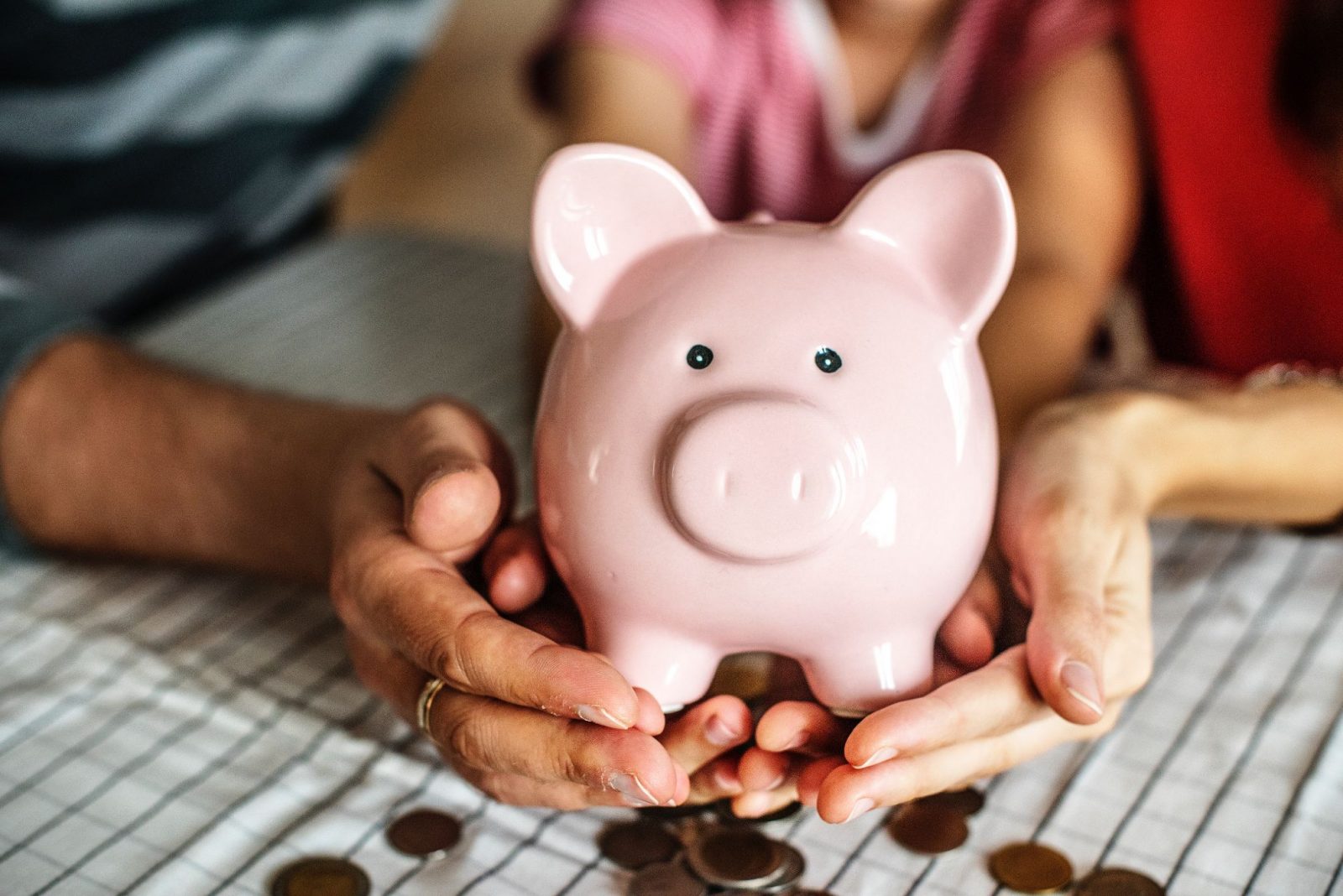
Home loan interest rates started falling in March, just before the circuit breaker. The Singapore Interbank Offered Rate (SIBOR) tends to move up or down with the interest rate in the US; and said interest rate is being kept at near zero to stimulate the US economy.
But home buyers had even better news during the CB: the US is keeping its interest rates low till about 2022.
SIBOR rates in January this year were around 1.7 per cent, but as of today, they’re just under one per cent. At the time we’re writing this, in fact, you can get a home loan for as low as 1.2 per cent per annum; that’s less than half the HDB loan rate of 2.6 per cent.
There’s no guarantee that home loan rates will stay low forever; but those who buy at around this time get to secure at least two years of savings. (If you already have a home loan, it may not be too late to benefit from lower rates; talk to us at Stacked, and we may be able to help you refinance into a cheaper loan package).
2. Better, but not guaranteed, odds of getting a discount
We’ve covered this topic, along with a list of 34 properties most likely to have developer discounts, in our previous article.
To quickly recap, we have started seeing some discounts creep in, although they’re not particularly massive as yet. The most notable one in recent days would be 38 Jervois, where 16 units were sold at discounts of between 13 per cent to 24 per cent. This was due to the developer rushing to beat the Additional Buyers Stamp Duty (ABSD) deadline.
(Developers have five years to complete and sell all the units in a development, lest they pay 30 per cent ABSD on the land price).
Still, given the delays caused by Covid-19, there’s a chance we may see more than one such case. If delays cause a developer to have a handful of units just before the deadline, they’ll usually fire sale the units rather than pay the hefty stamp duty (but the discounts are often on condition that every unit gets sold, otherwise of course there’s no point).
In the article linked above, we’ve also included some large developments (it’s urgent to move the units faster as deadlines near), those with higher profit margin (as there’s room for discounts), and those with poor sales (30 per cent of the development must be sold to get the remaining funds from the bank).
3. Be ahead of the potential surge in upgraders
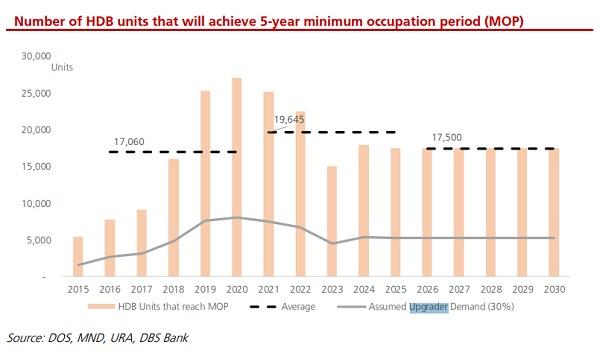
This depends on the full aftermath of Covid-19, which we may well experience only later in the year (or even next year). If the economy proves resilient, we should bear in mind that around 50,000 HDB flats are reaching their Minimum Occupancy Period (MOP) between this year and 2021.
Even last year, we were already seeing a notable pick-up in upgraders moving from flats to condos. If the upcoming economic situation isn’t too bad, those upgraders may go ahead rather than keep a wait-and-see approach.
If you’re already able to dive into the property market, however, you’ll likely be ahead in picking up any early bird discounts, and securing the choicer units.
4. We’re seeing a lot of strong locations with good entry prices
The current list of developments has combined good locations at very low overall prices; probably the most famous recent example is The M Condo, which had units priced at below $1 million despite its Middle Road location.
Midtown Bay has units starting at $1.3 million, despite being in the Beach Road / Bugis area; with any luck, the upcoming Midtown Modern (located along Tan Quee Lan street, and the brother development to Midtown Bay) will offer the same.
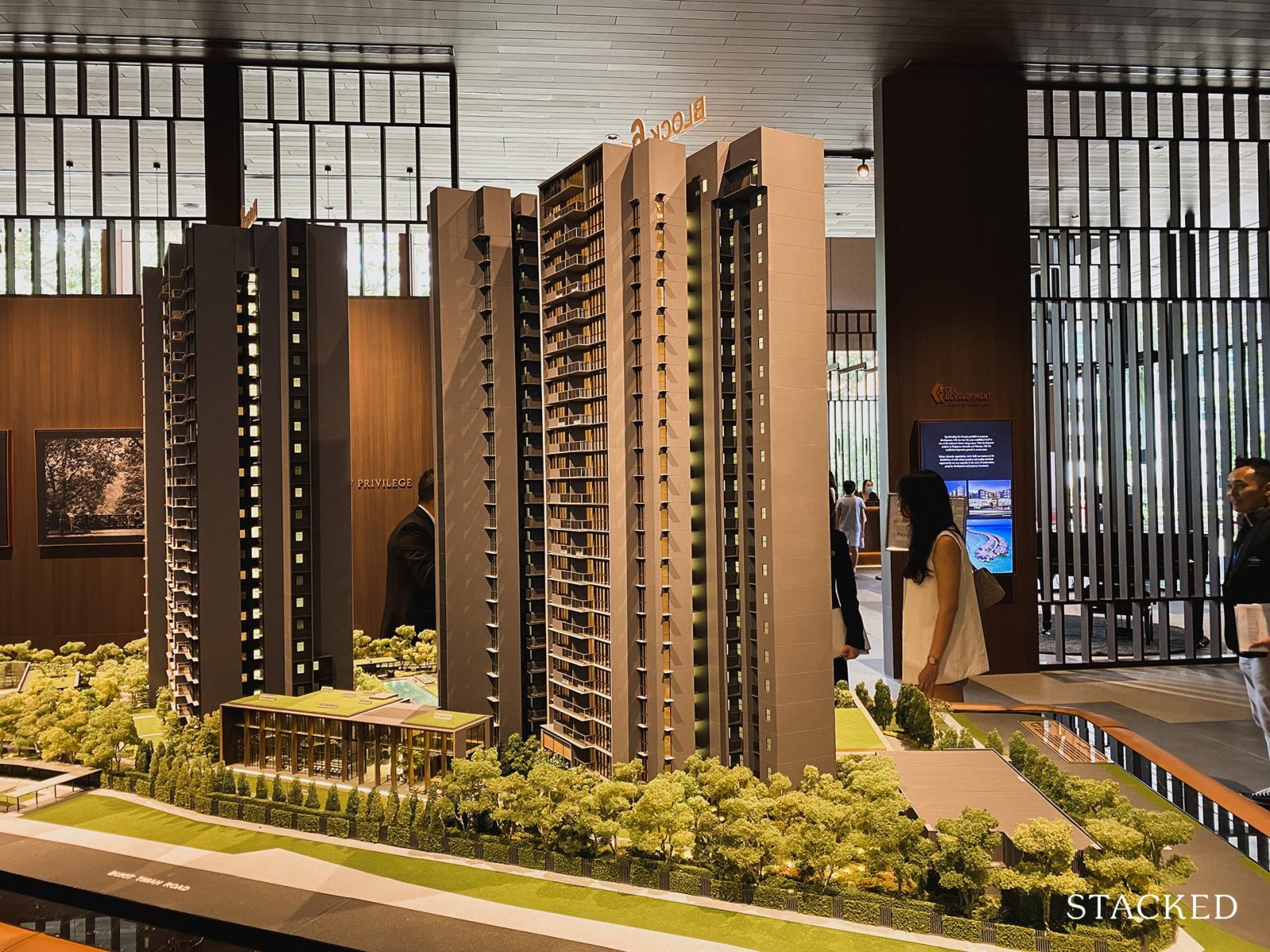
Kopar at Newton is another prime example of this – single-bedders here go from $1.2 million, with two-bedders at $1.5 million. This is taking into consideration its prime District 9 address, close proximity to good schools, as well as Newton MRT station.
You can see the list of 2020’s launch and discounted prices in our earlier article. But suffice it to say 2020 is proving to be a good year for home buyers who want prime or well-located properties, at a more affordable quantum.
Cons of buying Singapore property right now
- We don’t know the full fallout of Covid-19 just yet
- The rental market looks less than sanguine
- We shouldn’t forget the supply overhang
1. We don’t know the full fallout of Covid-19 just yet
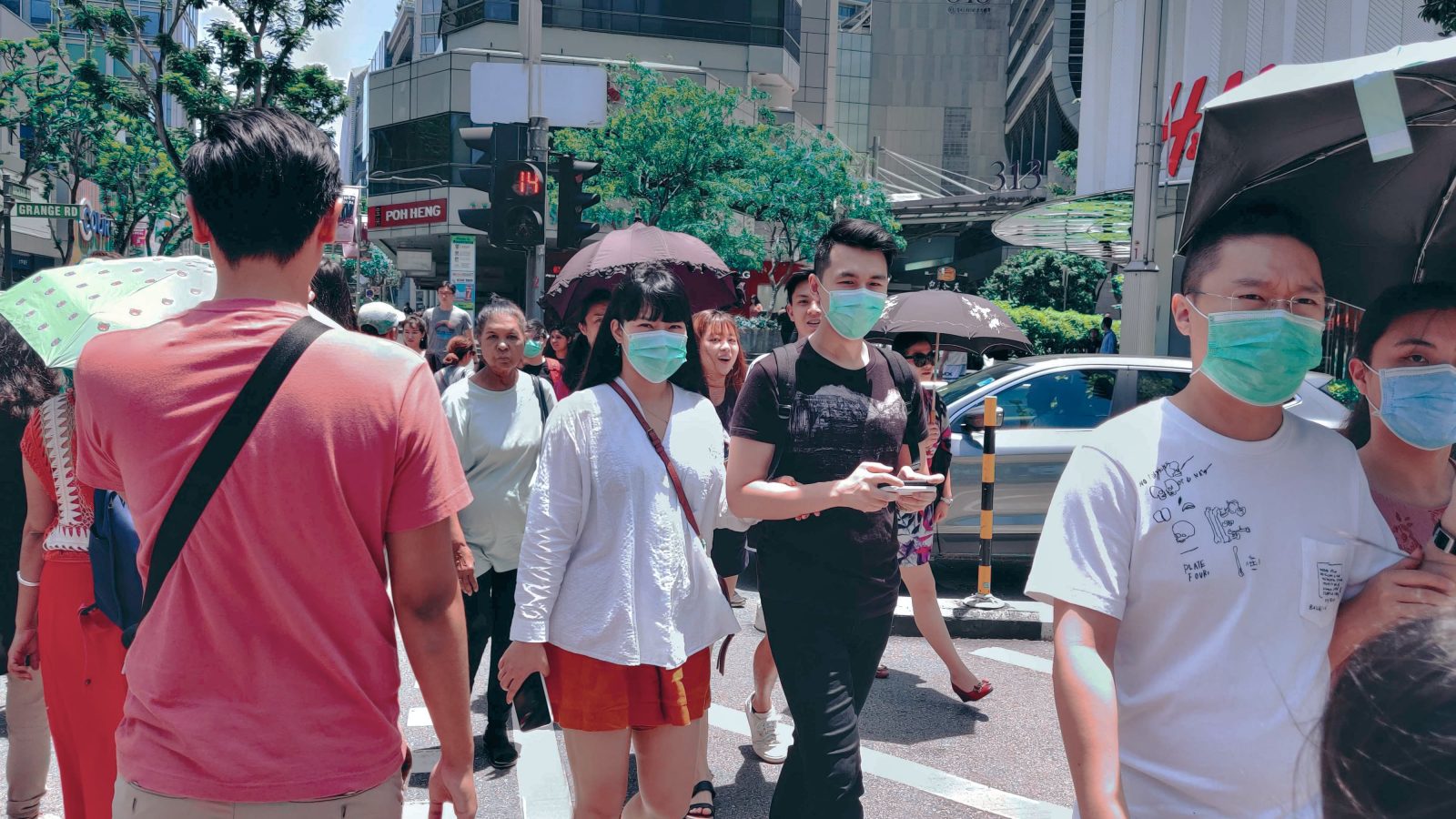
On a personal level, buyers should be careful not to over leverage themselves. We may seem to be on the recovery right now – but we don’t know how things will play out following Covid-19. There have been a number of countries that have been hit by a second wave, and if history is anything to go by (just look at the Spanish Flu), we have to be prepared.
Our businesses may lose former customers abroad, or may not even be around after Singapore re-opens. If businesses don’t close, they may still contract or fail to expand – which means bonuses or wage growth stagnate. There are plenty of things that could still go wrong, and for many, now is not the time to make a big commitment to private housing.
Home buyers should stay prudent right now. That means not committing to a home if you are unsure about your current job stability; and not jumping in to buy if you currently lack proper savings (e.g. six months of your expenses, or whatever amount your financial planner / chosen expert advises).
If you’re not such a position, then you may want to seriously reconsider if now’s the right time.
2. The rental market looks less than sanguine
Forget the brief initial surge in rental demand in April – that was mainly caused by Malaysians who were stuck and unable to go back due to the Movement Control Order (MCO) across the causeway.
Rental volumes for private housing are down 40.6 per cent year-on-year, and about 32.3 per cent lower than the five-year average.
The long-term situation may also be less than sanguine, if the Covid-19 fallout is worse than expected. If companies abroad don’t do well, that can result in cost-cutting measures; that can mean foreign tenants packing up and heading home, or shrinking housing allowances.
Hopefully, the low interest rates set by the US will mitigate the situation for some multi-nationals.
3. We shouldn’t forget the potential supply overhang
We seem to have forgotten something important, in our eagerness over the phase two property market:
In late 2019, the government warned of a property glut that, at the time, amounted to 32,000 unsold homes. This was from the en-bloc fever in 2017, when developers were on a buying frenzy.
We should also remember we had a record number of 52 launches in 2019; and in March 2020, CBRE estimated 40 more projects this year, with additional inventory of 30,473 units.
A fall in transaction volume could add further downward pressure on the Singapore property market, in addition to any after effects of Covid-19.
So should you buy or wait-and-see?
If you’re a genuine home buyer, then the answer mainly lies in your personal financial situation. Don’t worry about trying to time the property market; buy when it suits your family’s needs, and when you won’t be over-leveraging. The right time to buy should depend on the state of your bank account first, and the state of the overall property market second.
If you’re an investor, then it’s more important than ever to pick the right properties. Look for a project that has hard-to-replicate features, such as being in a prime region, being close to universities for student demand, or being top-end integrated developments. Check out Stacked for in-depth reviews on Singapore properties.
At Stacked, we like to look beyond the headlines and surface-level numbers, and focus on how things play out in the real world.
If you’d like to discuss how this applies to your own circumstances, you can reach out for a one-to-one consultation here.
And if you simply have a question or want to share a thought, feel free to write to us at stories@stackedhomes.com — we read every message.
Ryan J. Ong
A seasoned content strategist with over 17 years in the real estate and financial journalism sectors, Ryan has built a reputation for transforming complex industry jargon into accessible knowledge. With a track record of writing and editing for leading financial platforms and publications, Ryan's expertise has been recognised across various media outlets. His role as a former content editor for 99.co and a co-host for CNA 938's Open House programme underscores his commitment to providing valuable insights into the property market.Need help with a property decision?
Speak to our team →Read next from Property Advice
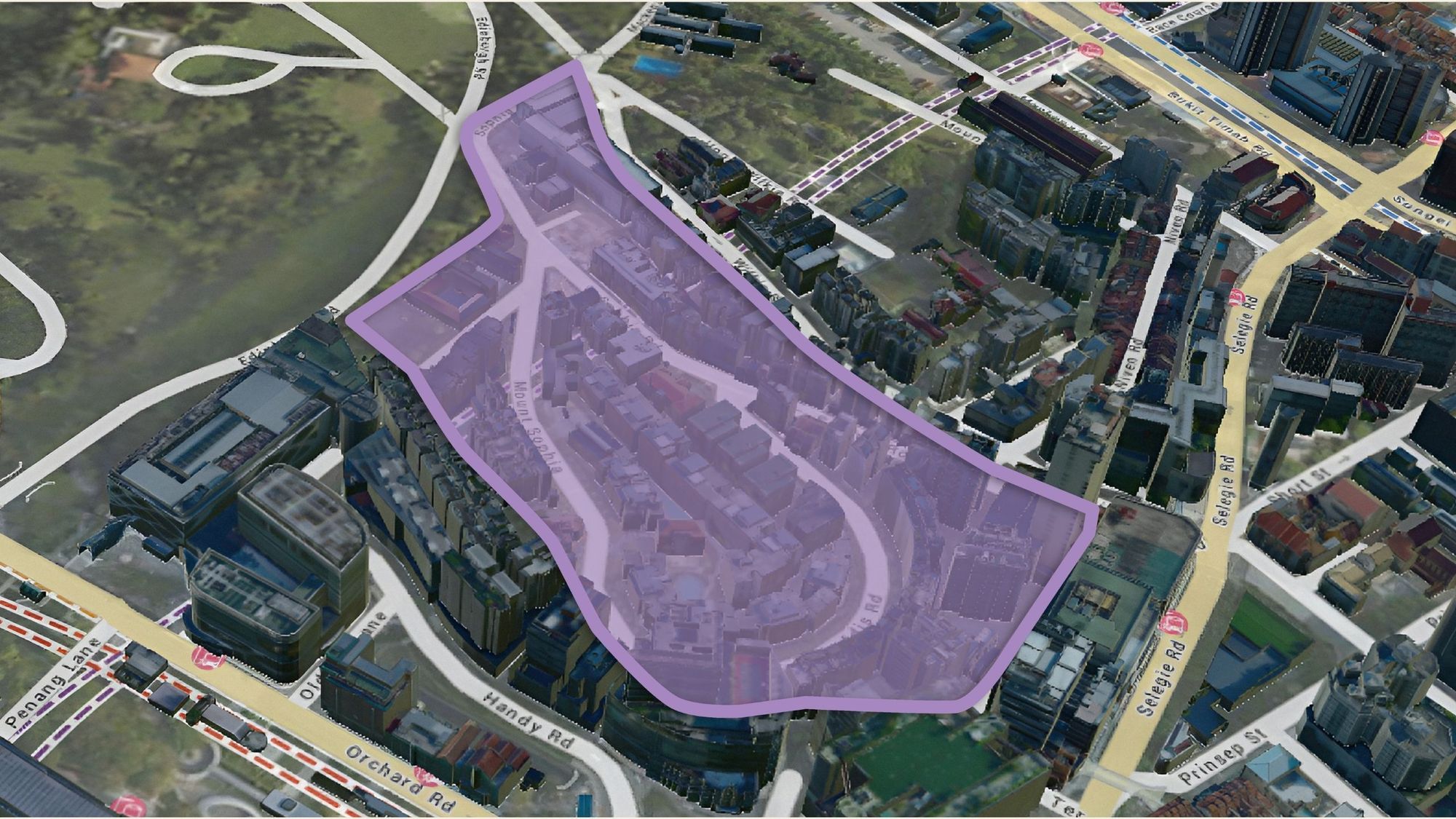
Property Advice These Freehold Condos Near Orchard Haven’t Seen Much Price Growth — Here’s Why

Property Advice We Sold Our EC And Have $2.6M For Our Next Home: Should We Buy A New Condo Or Resale?

Property Advice We Can Buy Two HDBs Today — Is Waiting For An EC A Mistake?

Property Advice I’m 55, Have No Income, And Own A Fully Paid HDB Flat—Can I Still Buy Another One Before Selling?
Latest Posts
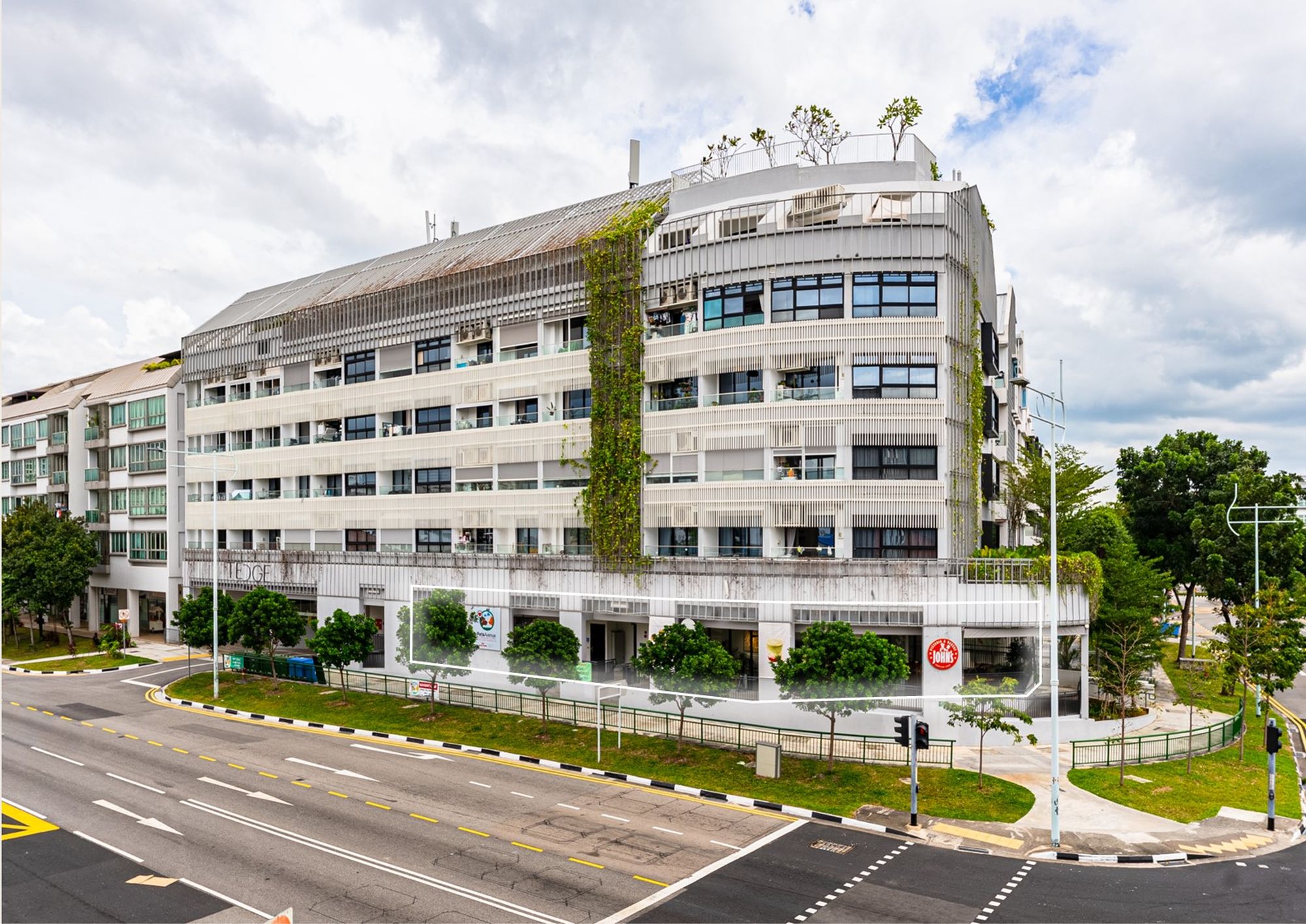
Singapore Property News These 4 Freehold Retail Units Are Back On The Market — After A $4M Price Cut

Pro This 130-Unit Boutique Condo Launched At A Premium — Here’s What 8 Years Revealed About The Winners And Losers

Editor's Pick New Lentor Condo Could Start From $2,700 PSF After Record Land Bid





































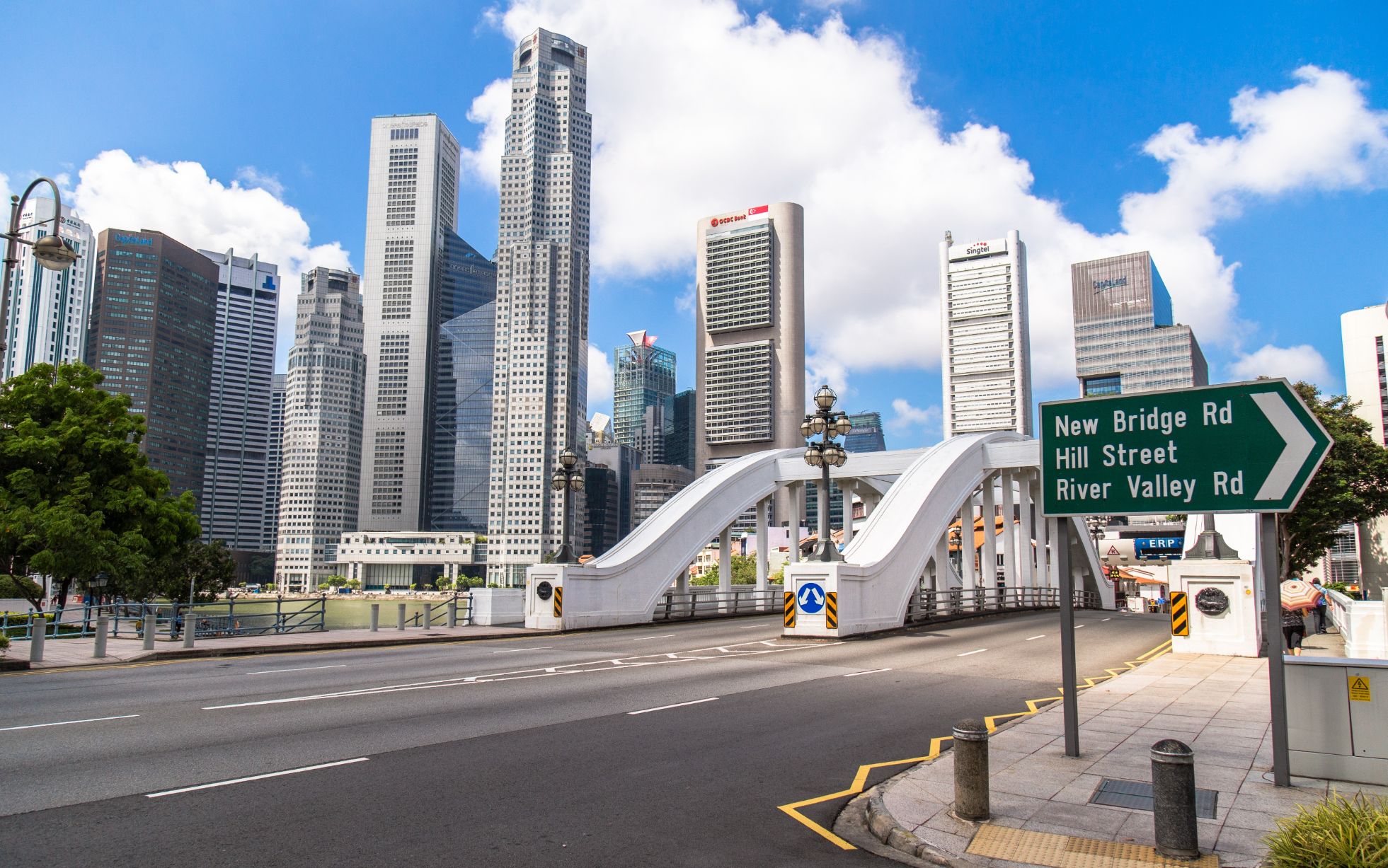
0 Comments